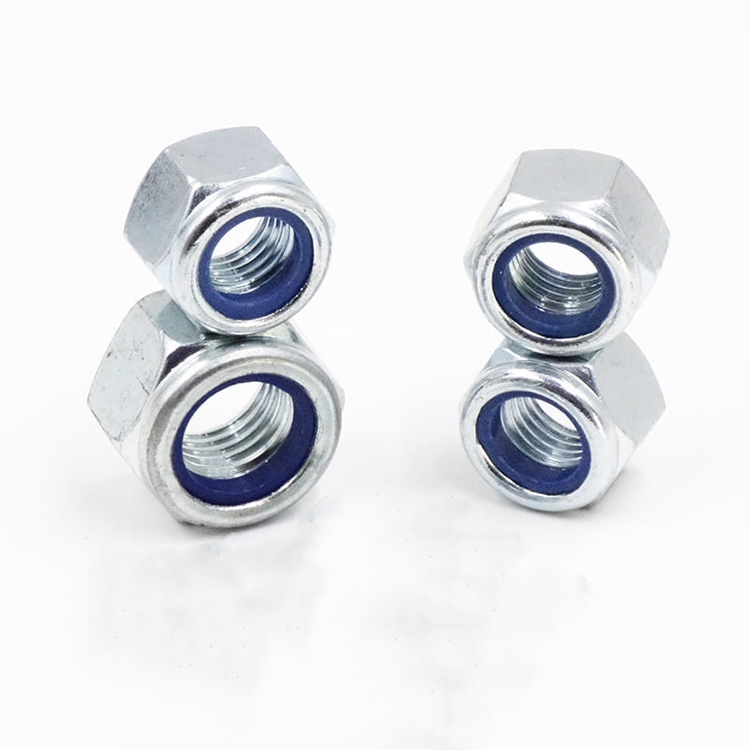Finding Reliable Suppliers for Holding Down Bolts and Fasteners
നവം . 26, 2024 15:59 Back to list
Finding Reliable Suppliers for Holding Down Bolts and Fasteners
The Importance of Choosing the Right Supplier for Holding Down Bolts
When it comes to construction and engineering projects, the choice of materials and components is crucial for ensuring safety and durability. Holding down bolts, also known as anchor bolts, play a vital role in securing structures to their foundations. As a result, selecting the right supplier for holding down bolts is essential for the integrity of any construction project.
Understanding Holding Down Bolts
Holding down bolts are specialized fasteners used to anchor structures, such as buildings, bridges, and large equipment, to a concrete foundation. They provide stability and resist various forces, including tension and shear, which can result from environmental factors such as wind, seismic activity, and the weight of the structure itself. To effectively perform this function, holding down bolts must be manufactured to stringent specifications, with high levels of strength and durability.
The Role of Suppliers
The supplier of holding down bolts significantly influences the quality and reliability of the end product. A reputable supplier should offer a variety of holding down bolts, made from high-quality materials, and compliant with international standards.
1. Material Quality
One of the primary considerations when selecting a supplier is the quality of the materials used in the manufacturing of holding down bolts. These fasteners are typically made from steel or other alloys that provide the required strength. A good supplier will offer bolts that are treated for corrosion resistance, particularly for applications in harsh environments. Failure to account for corrosion can lead to premature failure of the anchors, causing significant safety risks.
holding down bolts supplier

Holding down bolts are often subjected to industry standards, such as ASTM, ISO, and others. Suppliers that adhere to these standards ensure that their products undergo rigorous testing for quality and performance. When selecting a supplier, it is advisable to ask for certifications and documentation that prove compliance with relevant standards. This not only guarantees the safety and reliability of the bolts but also protects the project from potential legal liabilities.
3. Customization Capabilities
Construction projects often require specific bolt sizes and specifications depending on the application. A reliable supplier should offer customization services to meet these unique demands. Whether it’s a specific tensile strength, length, or thread specification, having a supplier that can provide tailored solutions can save both time and resources in the project lifecycle.
Evaluating Supplier Reputation
The reputation of a supplier is a crucial determinant of the quality of holding down bolts. Conducting thorough research is necessary to assess their reliability. This involves looking at customer reviews, case studies, and industry presence. Engaging with previous clients can provide insights into the supplier’s performance, customer service, and ability to meet deadlines. Another effective method is to ask for recommendations from peers in the industry. Networking can lead to finding suppliers who have a proven track record of delivering quality products.
Delivery and Logistics
Timely delivery of holding down bolts is essential to keep construction projects on schedule. Delays in supplying critical components can stall progress, potentially leading to increased costs. A supplier that has a well-established logistics system and can guarantee prompt delivery will be invaluable. It's also important to consider the supplier’s capacity to handle large orders if the project requires bulk quantities.
Conclusion
In conclusion, the selection of a holding down bolts supplier is not a decision to be taken lightly. The quality, compliance, customization options, reputation, and logistics all play significant roles in ensuring the success of construction projects. By prioritizing these factors, construction teams can secure reliable and durable holding down bolts, ultimately contributing to the long-term safety and stability of their structures. As the construction industry continues to evolve, aligning with suppliers who share a commitment to quality and innovation will remain a cornerstone of successful engineering practices.
Latest news
-
Reliable Axle Nuts Supplier | Quality & Precision Fasteners
NewsAug.23,2025
-
Durable Bolts for Lawn Mower Handle - Top Supplier & Manufacturer
NewsAug.22,2025
-
High-Quality Bolts for Lawn Mower Handle Supplier & Manufacturer
NewsAug.21,2025
-
Reliable Axle Nuts Supplier | High-Quality Automotive Parts
NewsAug.19,2025
-
Premium Wire Bolts Suppliers | Durable & Reliable Fasteners
NewsAug.18,2025
-
Leading Metric Wood Screw Companies & Manufacturers
NewsAug.17,2025
